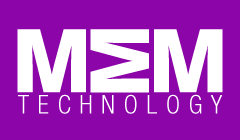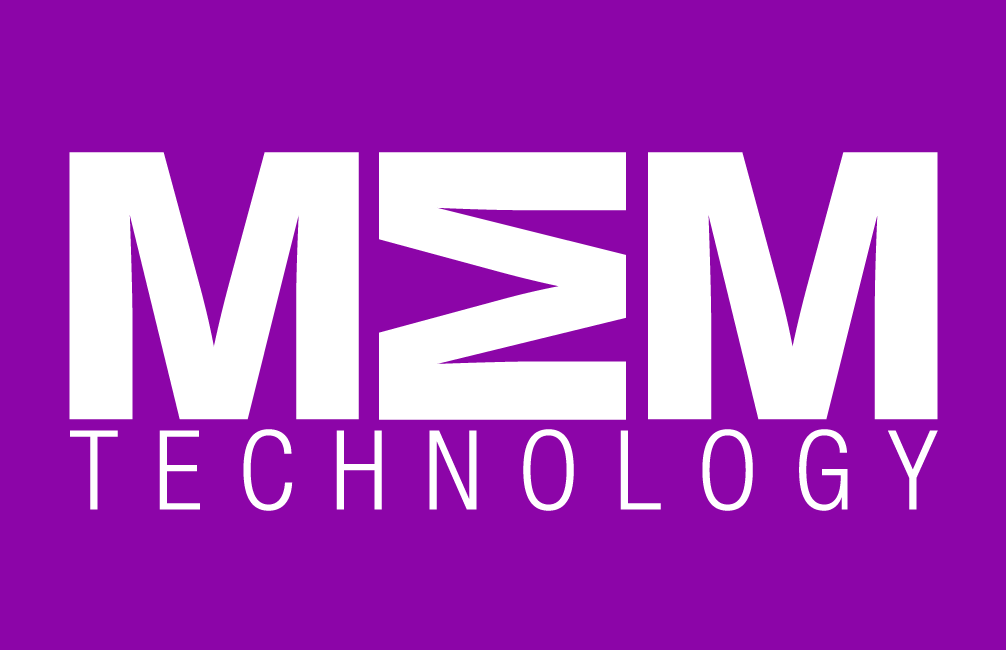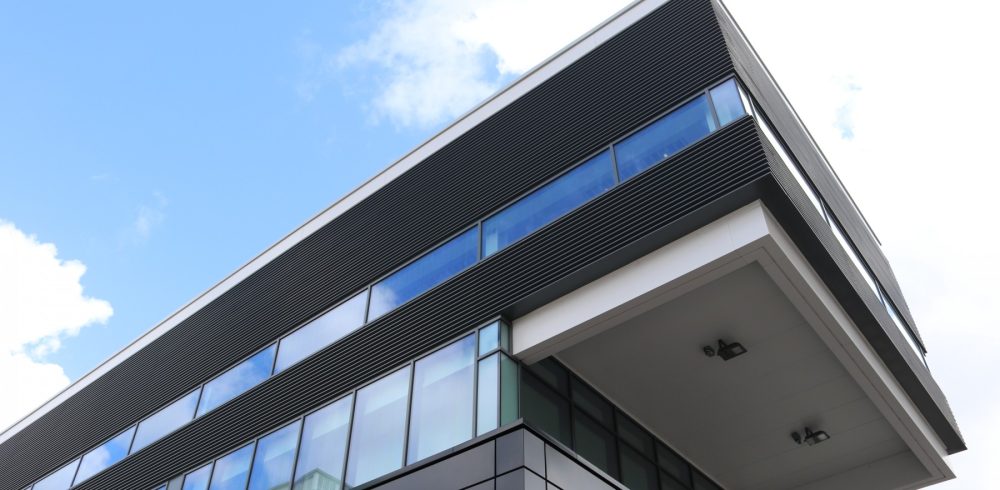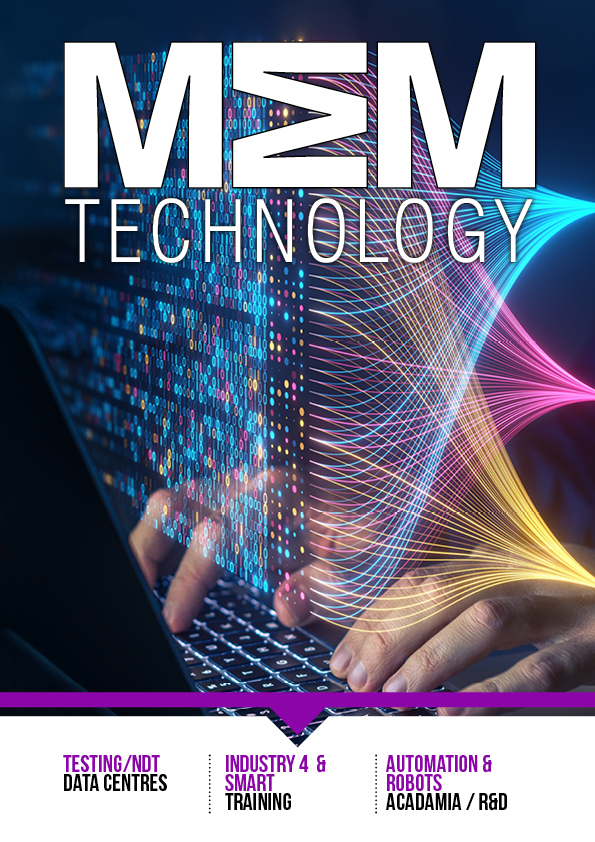The £60 million Graphene Engineering and Innovation Centre (GEIC), part of the University of Manchester, will accelerate the commercialisation of graphene in Manchester through a series of industrial partnerships.
The first in the series of partnerships has been agreed with First Graphene Ltd, Haydale Graphene Industries, and Versarien PLC; together hoping to exploit opportunities to develop and commercialise graphene products and applications. Along with the National Graphene Institute (NGI) and the Henry Royce Institute (set to be completed in 2019) the GEIC will be crucial in maintaining the UK’s world leading position in advanced materials.
“The GEIC is a key component of the University’s strategy for Graphene@Manchester. Our aim is to accelerate the commercialisation of real-world applications and transition graphene and other 2D materials from the lab to the marketplace. The GEIC will bring in an additional 30 staff in addition to academics to grow community to over 300 graphene-related staff at the University,” said James Baker, CEO of Graphene@Manchester.
The three companies are Tier One partners, benefiting from access to world-leading expertise and experience along with specialist equipment within the GEIC to aid projects that will accelerate product and process development and market entry.
GEIC’s focus will be on industry-led application development in partnership with academics, filling a critical gap in the graphene and 2D materials ecosystem by providing facilities designed specially for pilot production, characterisation, and application development in composites, energy, solution formulations and coatings, electronics and membranes.
Apart from First Graphene, Haydale and Versarien, the University of Manchester is in discussions with a number of other companies for both Tier One and Tier Two partnerships. The Tier Two has been developed in particular for engagement with smaller businesses as well as those businesses who wish to explore how graphene can really make a benefit for their business or product range.
The advanced materials innovation ecosystem will be able to take a graphene application from basic research to finished product if a critical mass of scientists, manufacturers, engineers, innovators and industrialists is working together to achieve the same goal.















